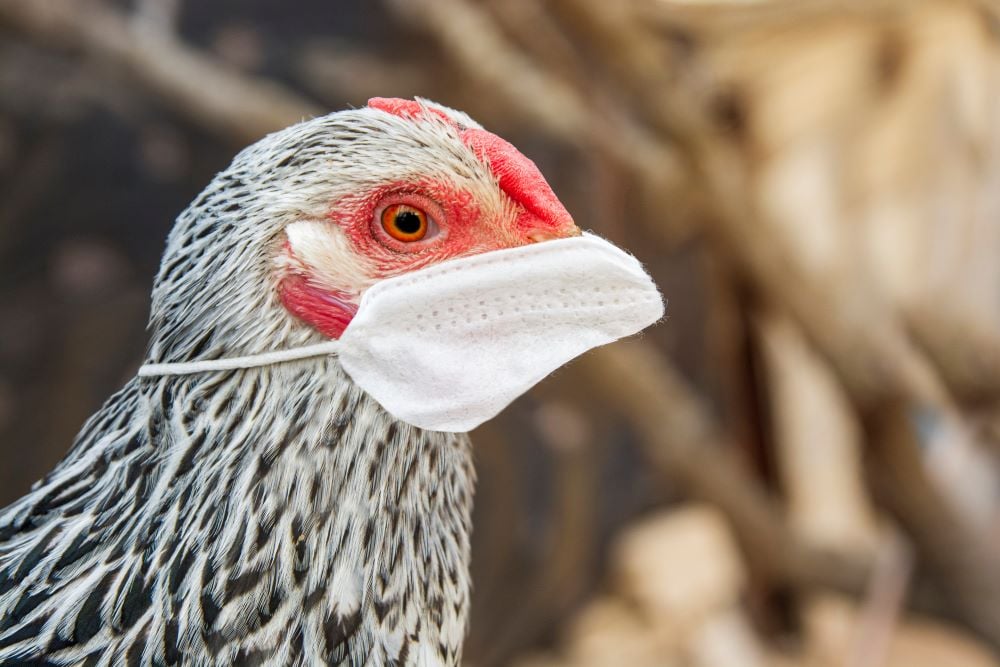
A recent outbreak of bird flu, specifically the H5N1 avian influenza strain, has led to concerns over potential human transmission. In response, the US government has awarded Moderna $176 million to fund the development and testing of a new mRNA-based vaccine against this strain.
The funding comes from the Biomedical Advanced Research and Development Authority (BARDA), an arm of the Department of Health and Human Services. This is not Moderna's first collaboration with BARDA; they previously received over $1 billion to push their COVID-19 vaccine through trials.
Moderna has already begun testing a candidate vaccine, mRNA-1018, in a phase 1/2 clinical trial for avian flu strains H5 and H7. The results of this study are expected later this year and will inform the design of a Phase 3 trial.
The US has seen three cases of human infection with the H5N1 virus in 2024, all linked to exposure to infected dairy cattle. No reports of human-to-human transmission have been reported in the US.
BARDA has also expanded its partnership with CSL Seqirus to complete the fill-finish process for these shots. This collaboration aims to bolster pandemic response capabilities and ensure a rapid response if needed.
The development of this new vaccine is crucial as concerns over potential human transmission continue to rise. The World Health Organization (WHO) has classified H5N1 as a pandemic influenza emergency risk, even though the current risk to human health remains low.
Moderna's mRNA technology offers advantages in efficacy, speed of development, and production scalability compared to traditional vaccine technologies. This makes it an attractive option for addressing infectious disease outbreaks like bird flu.



